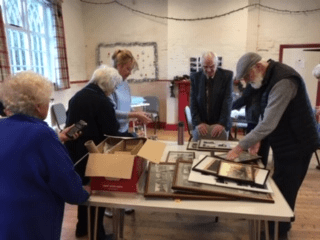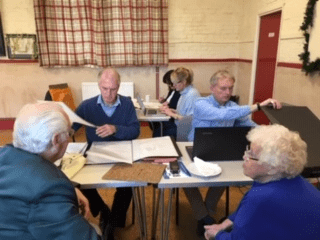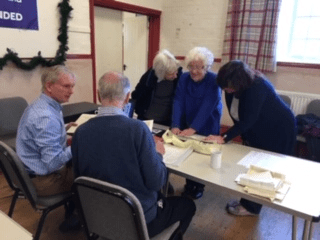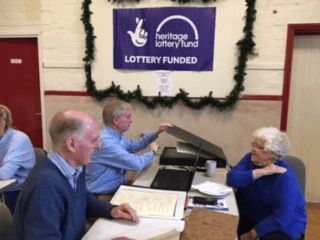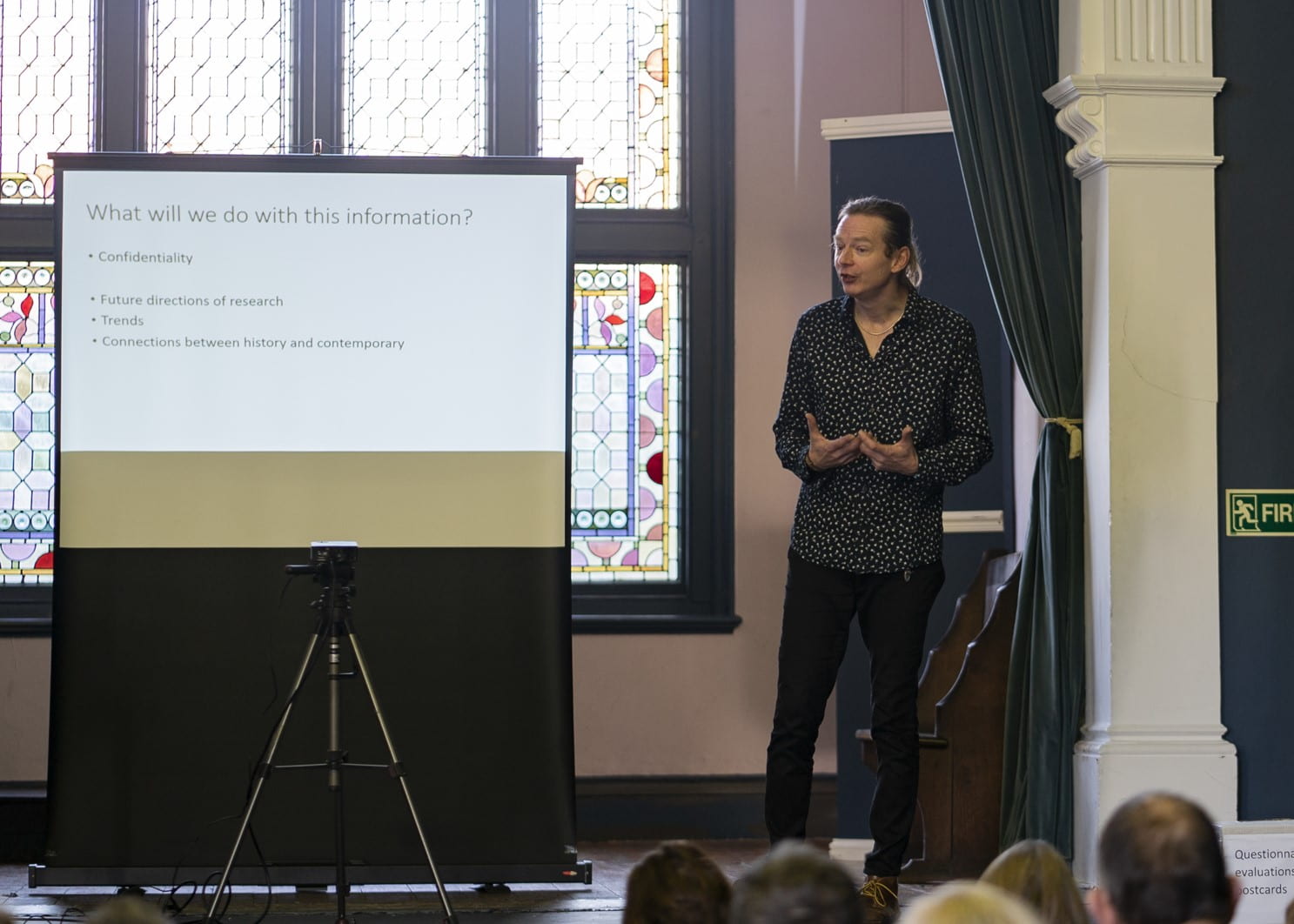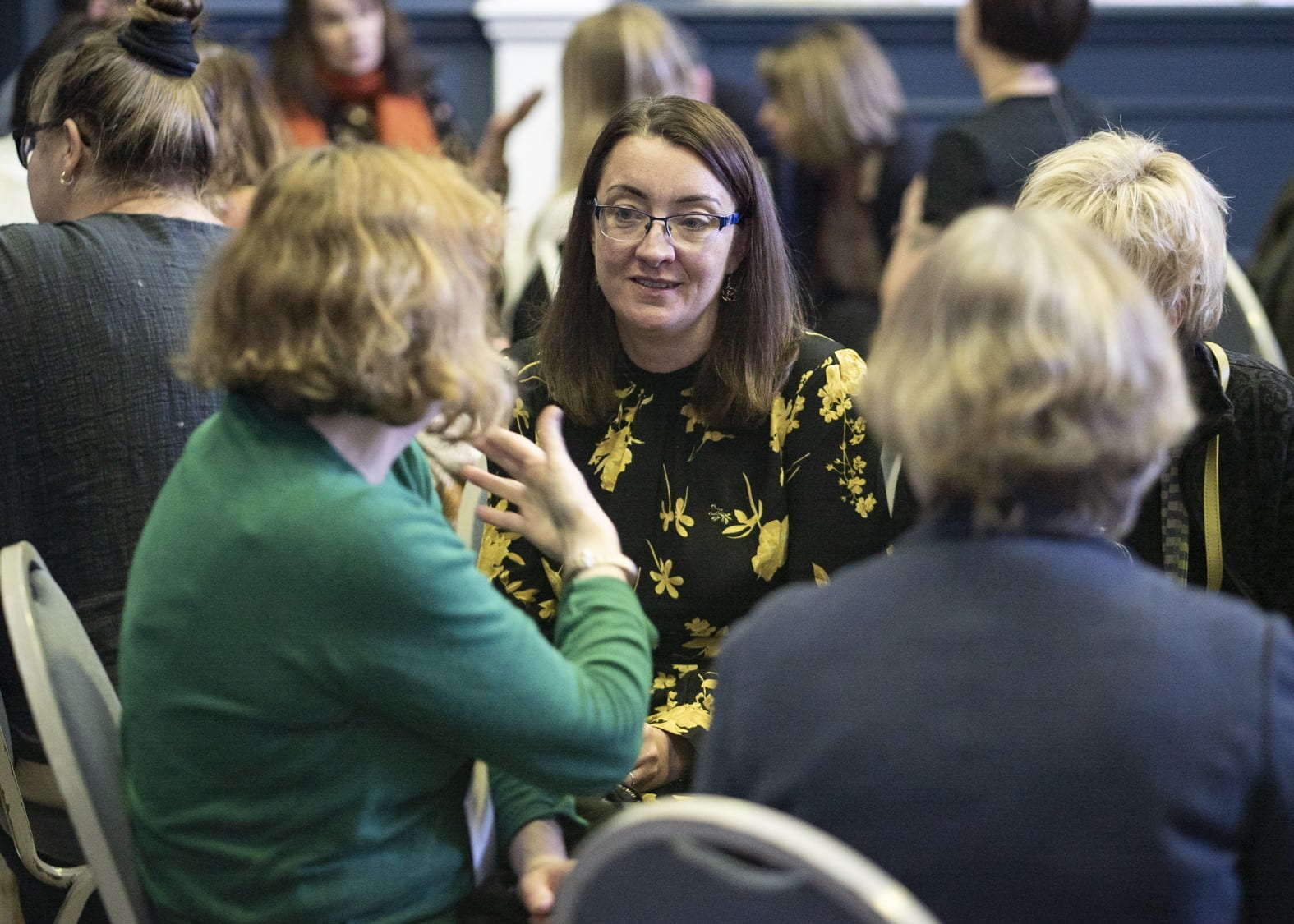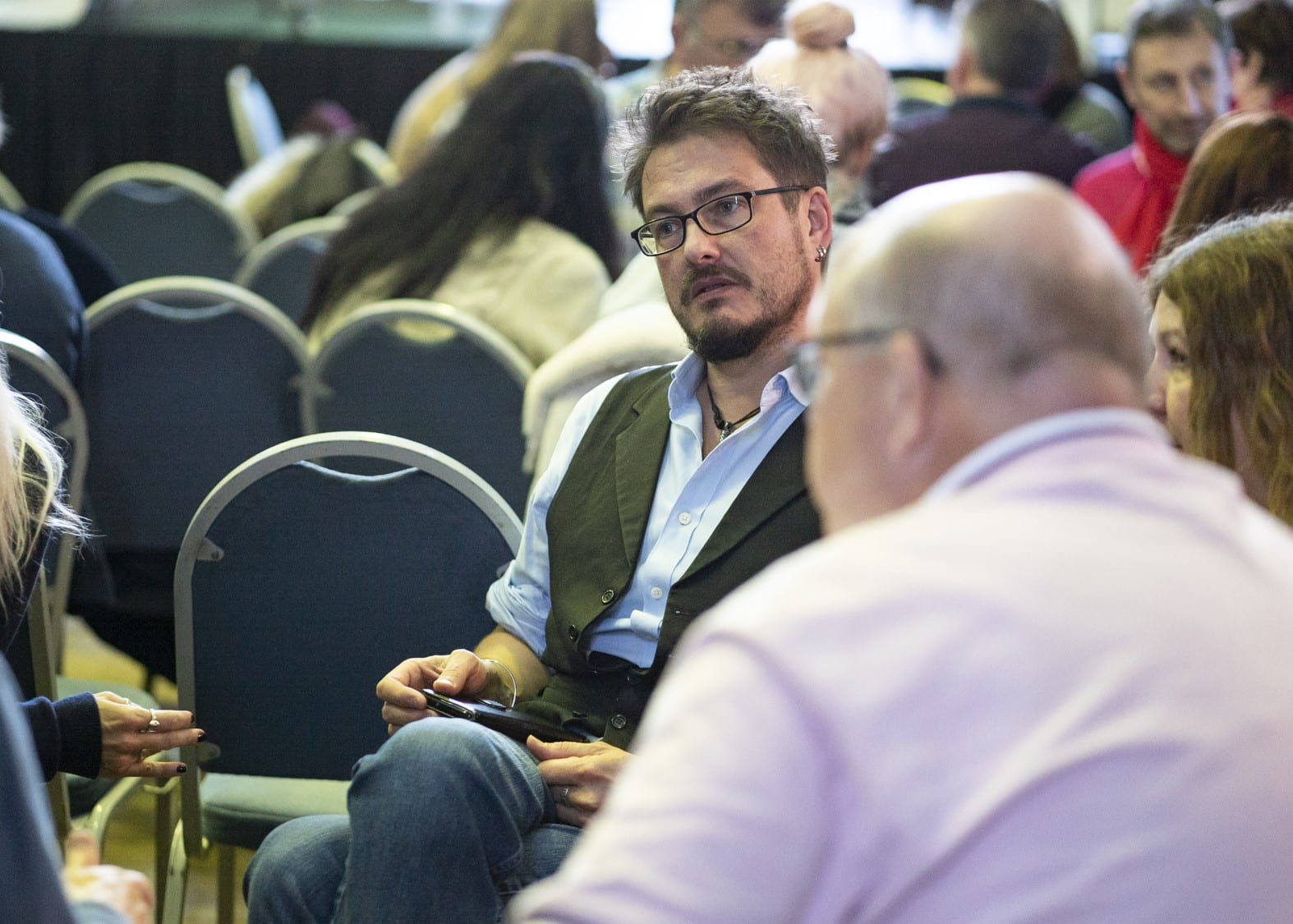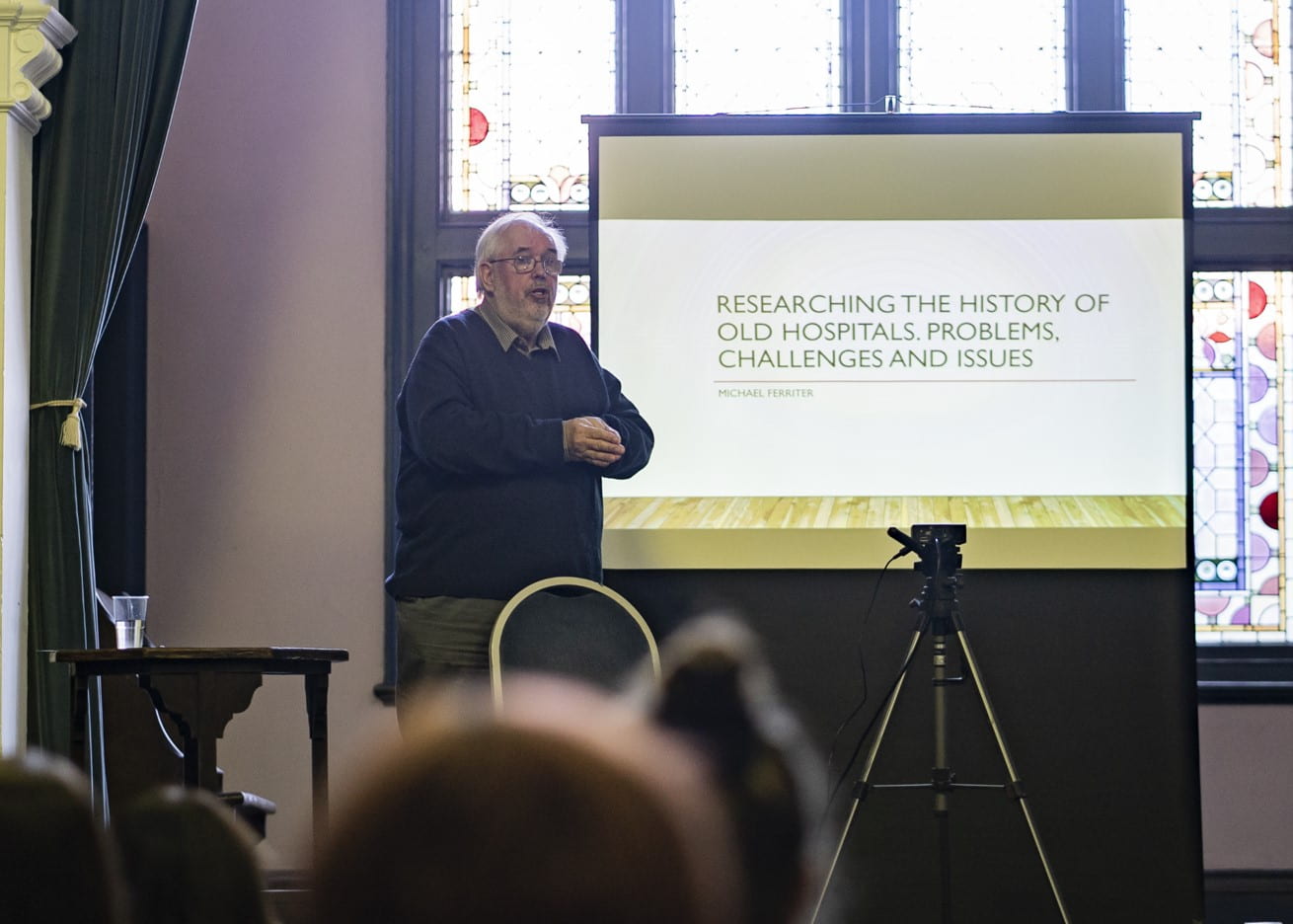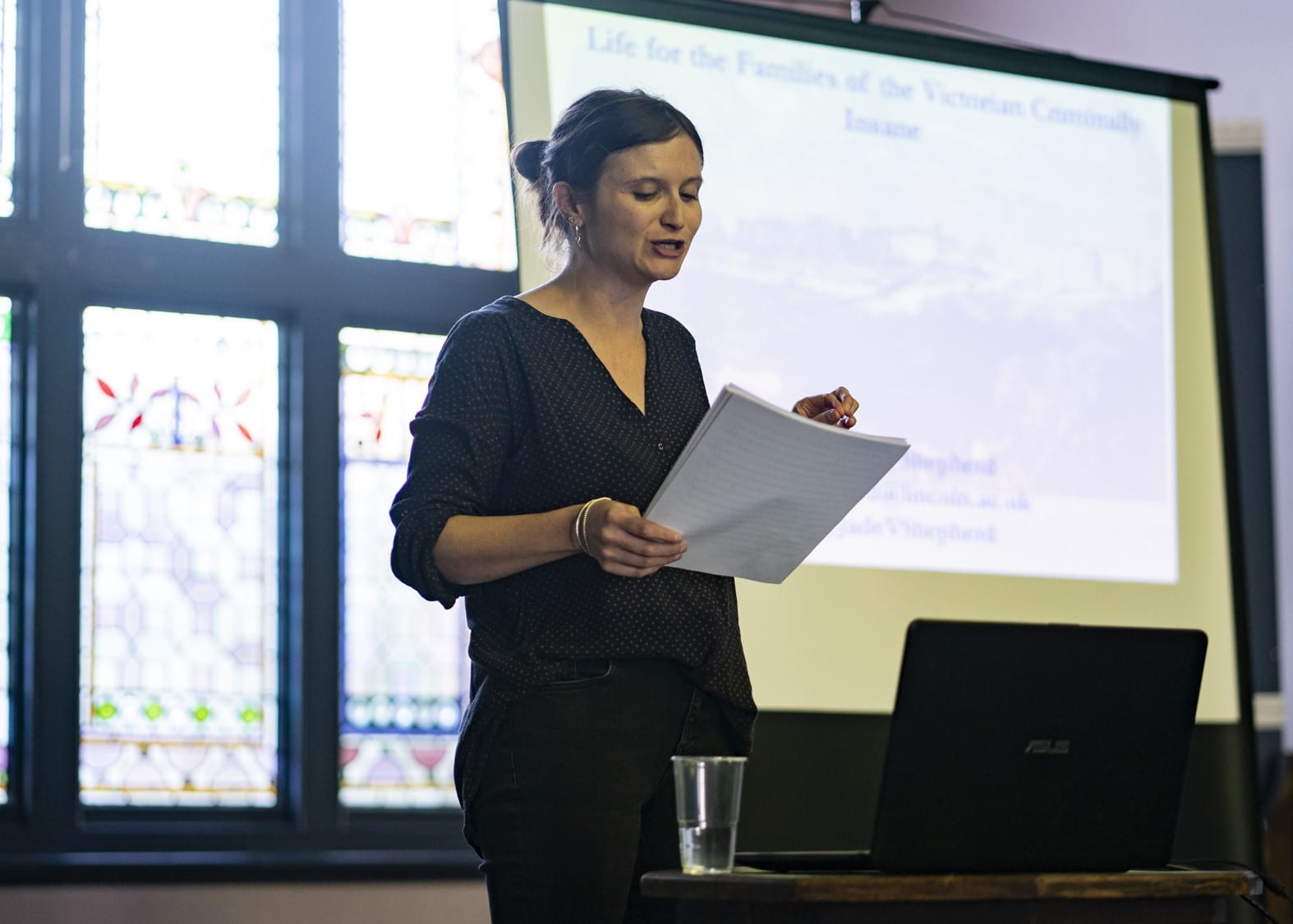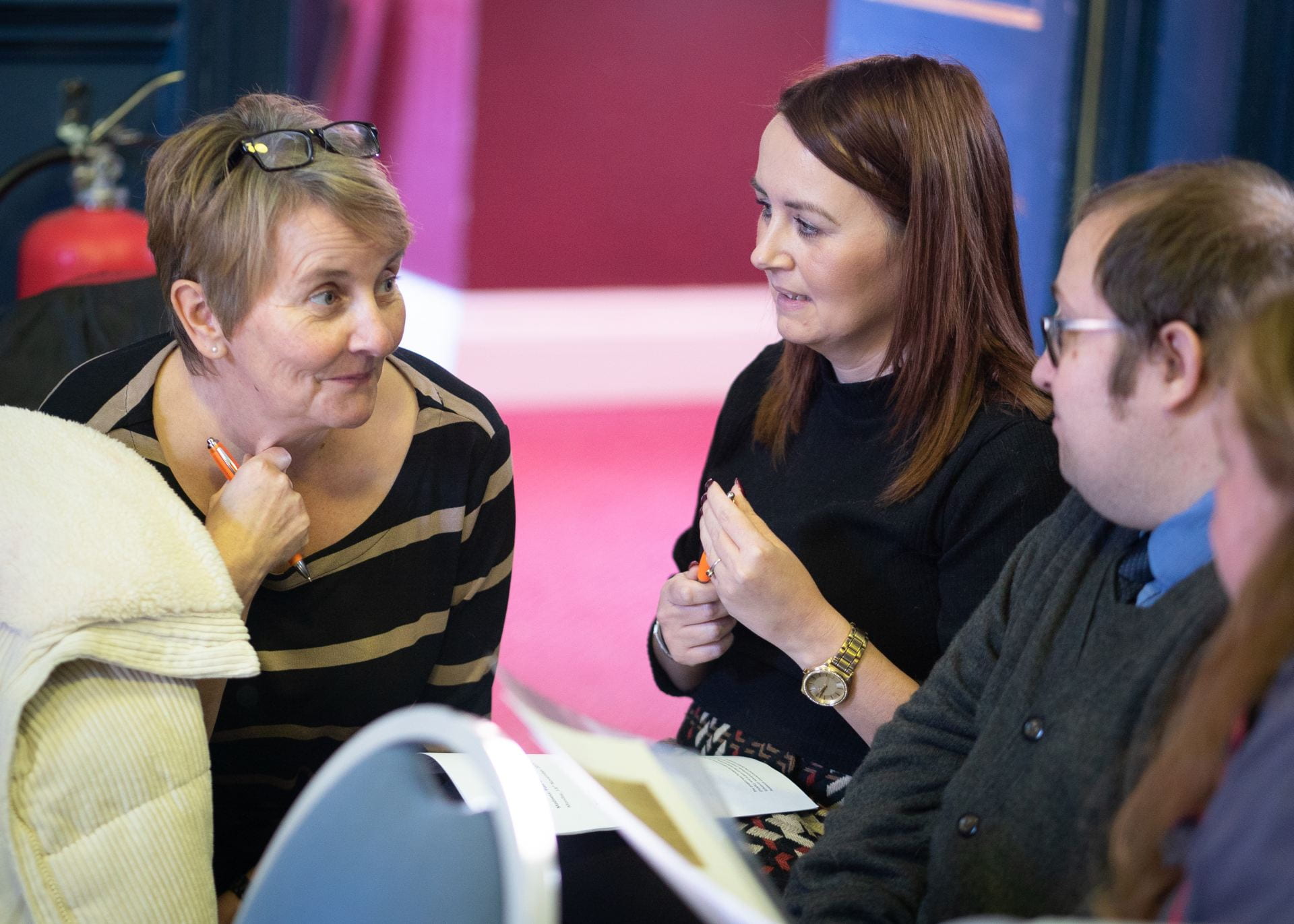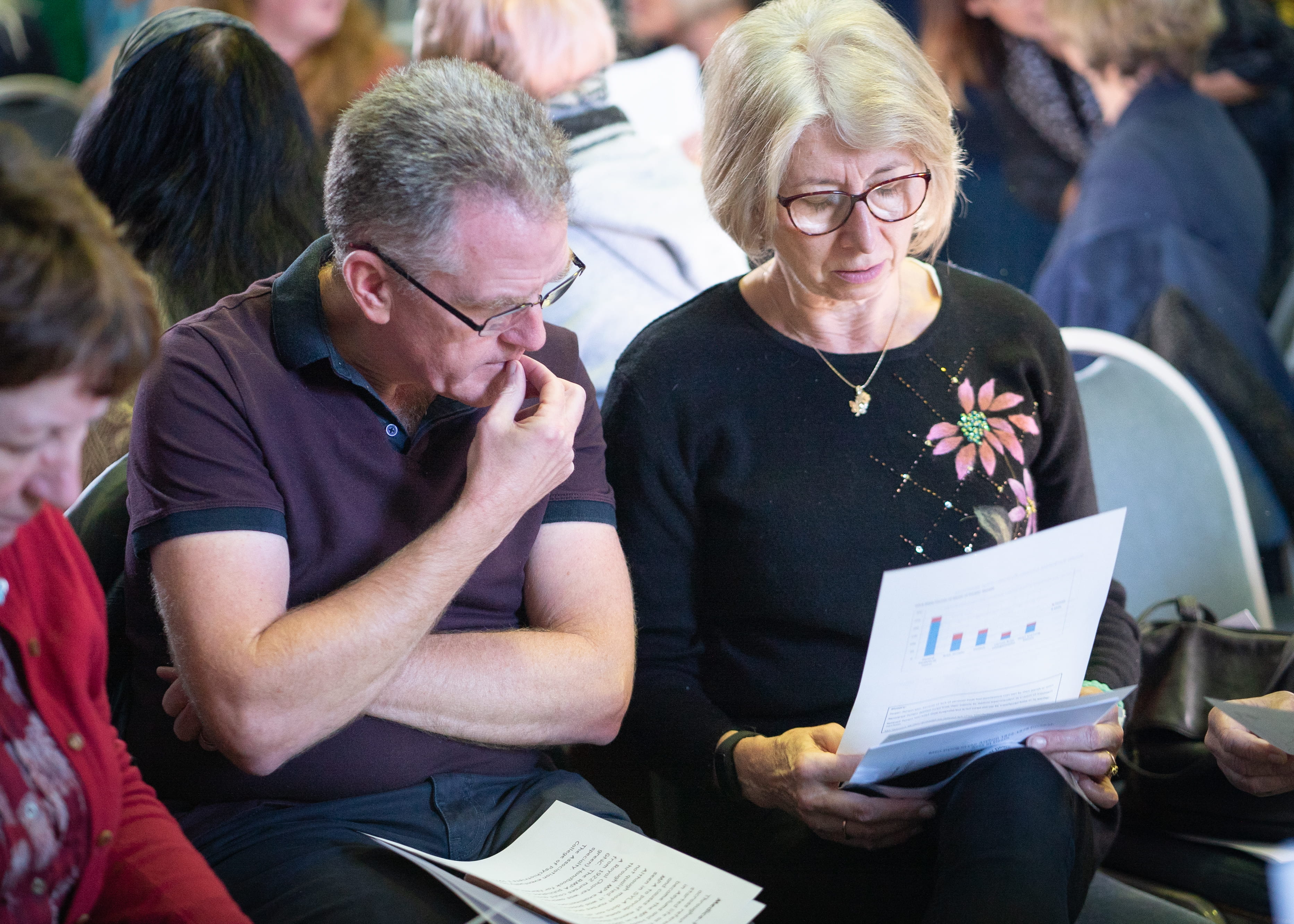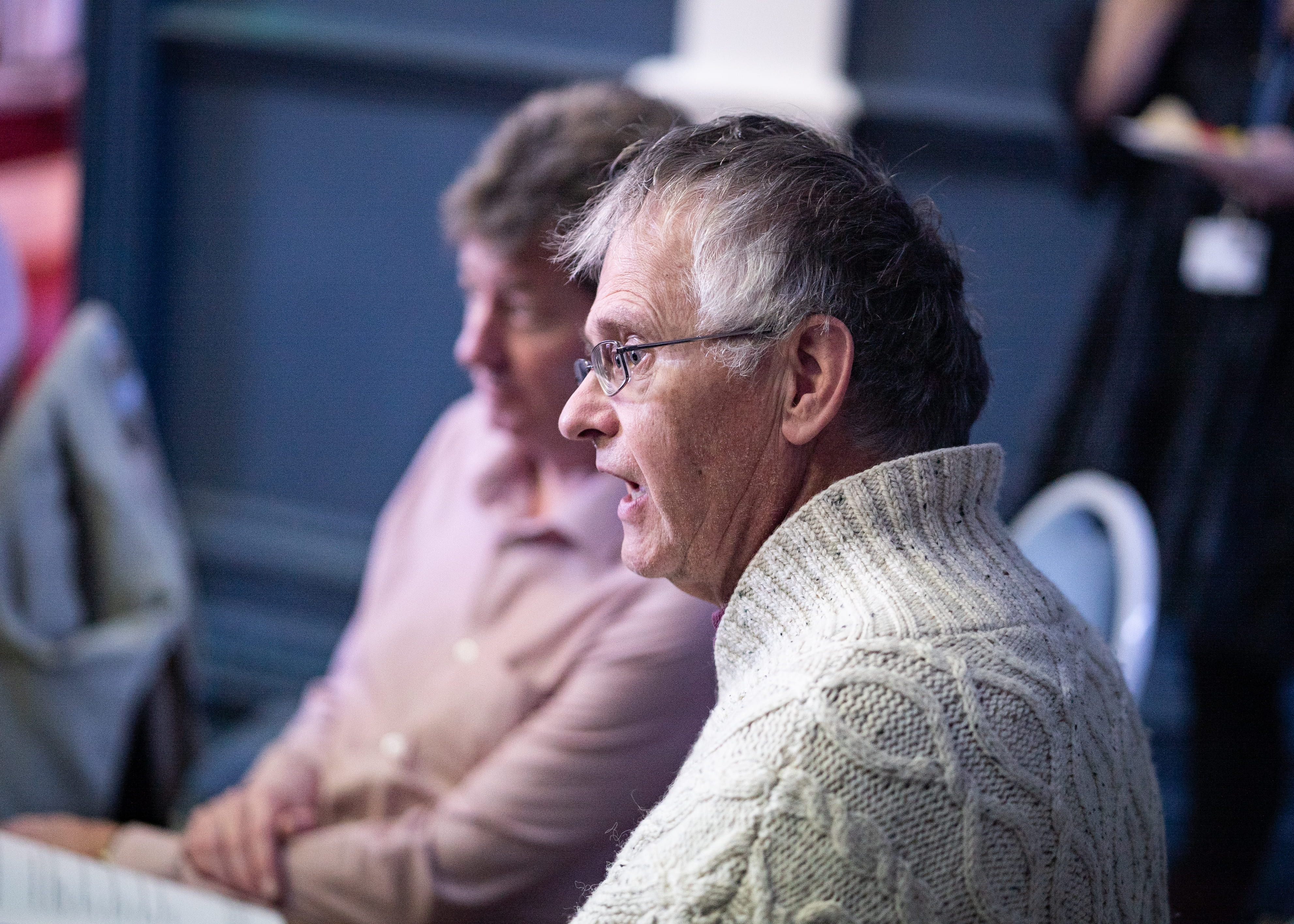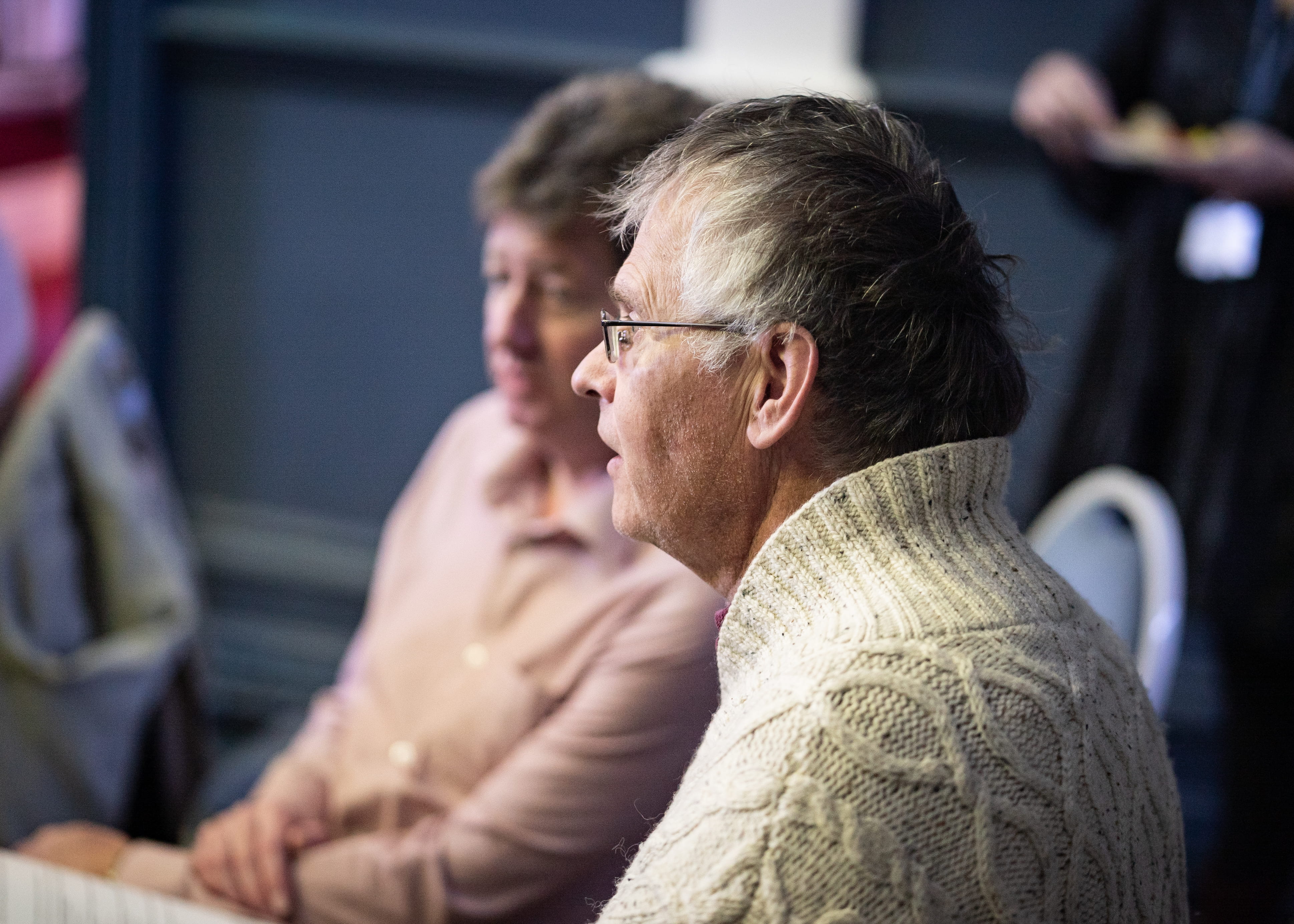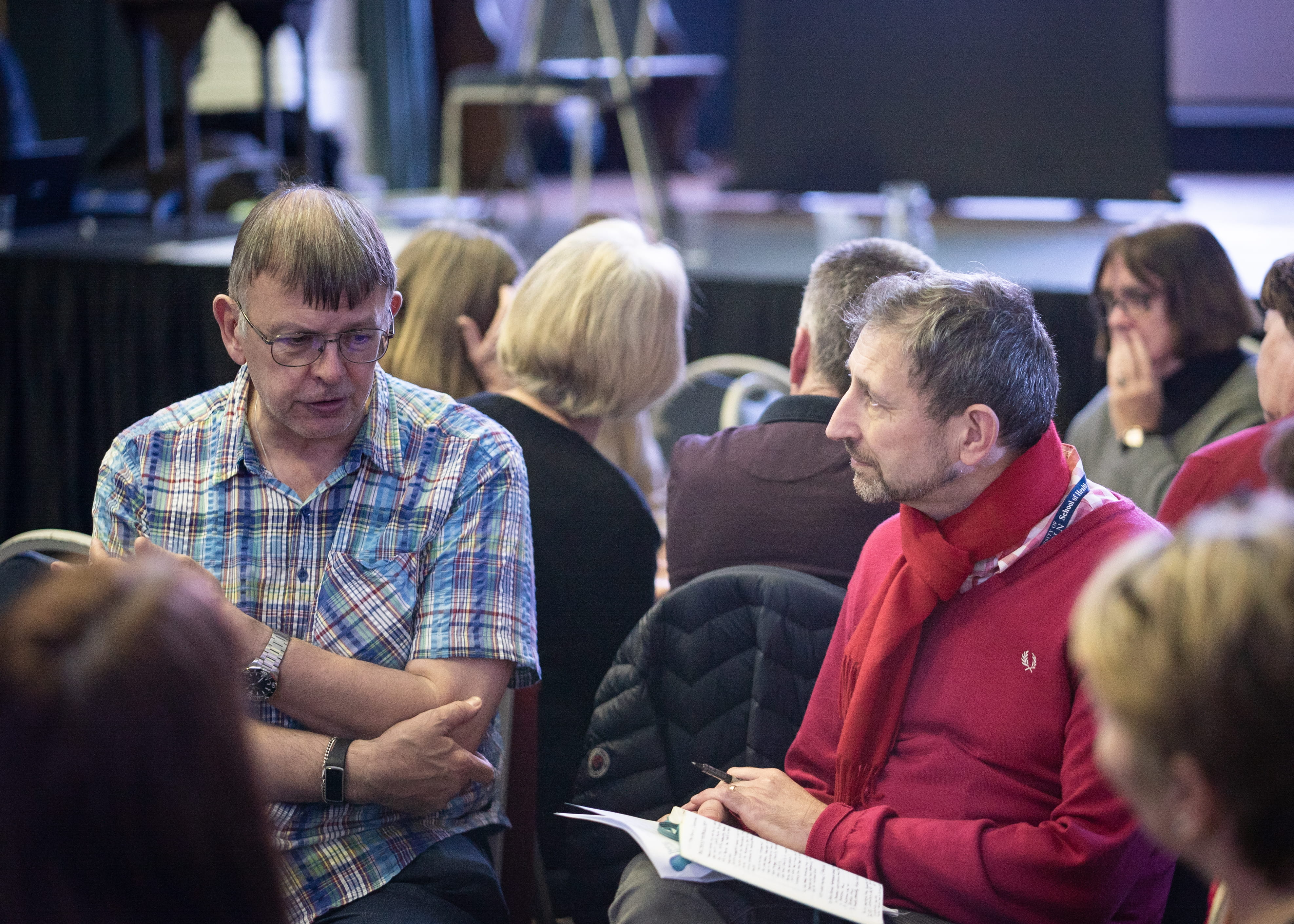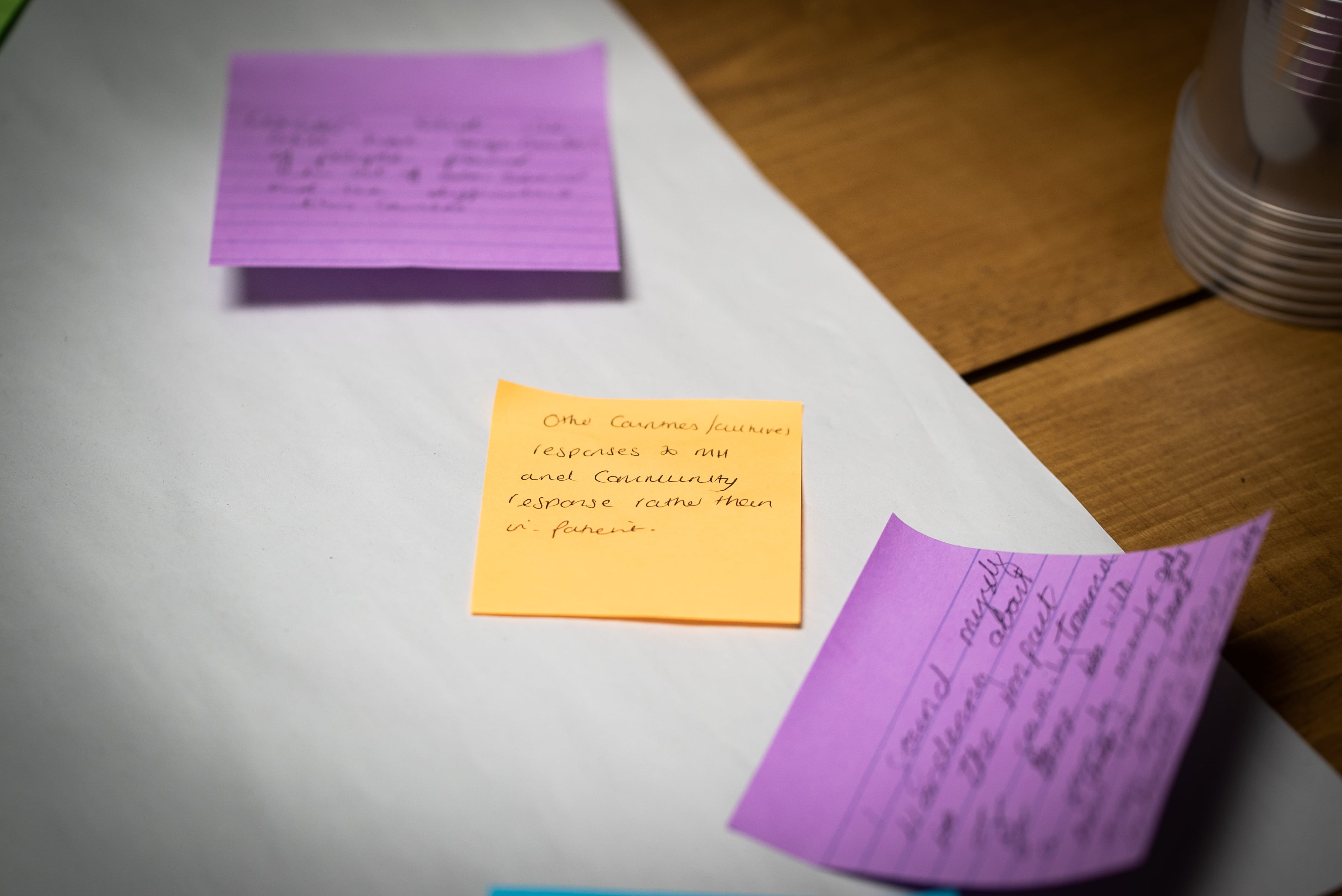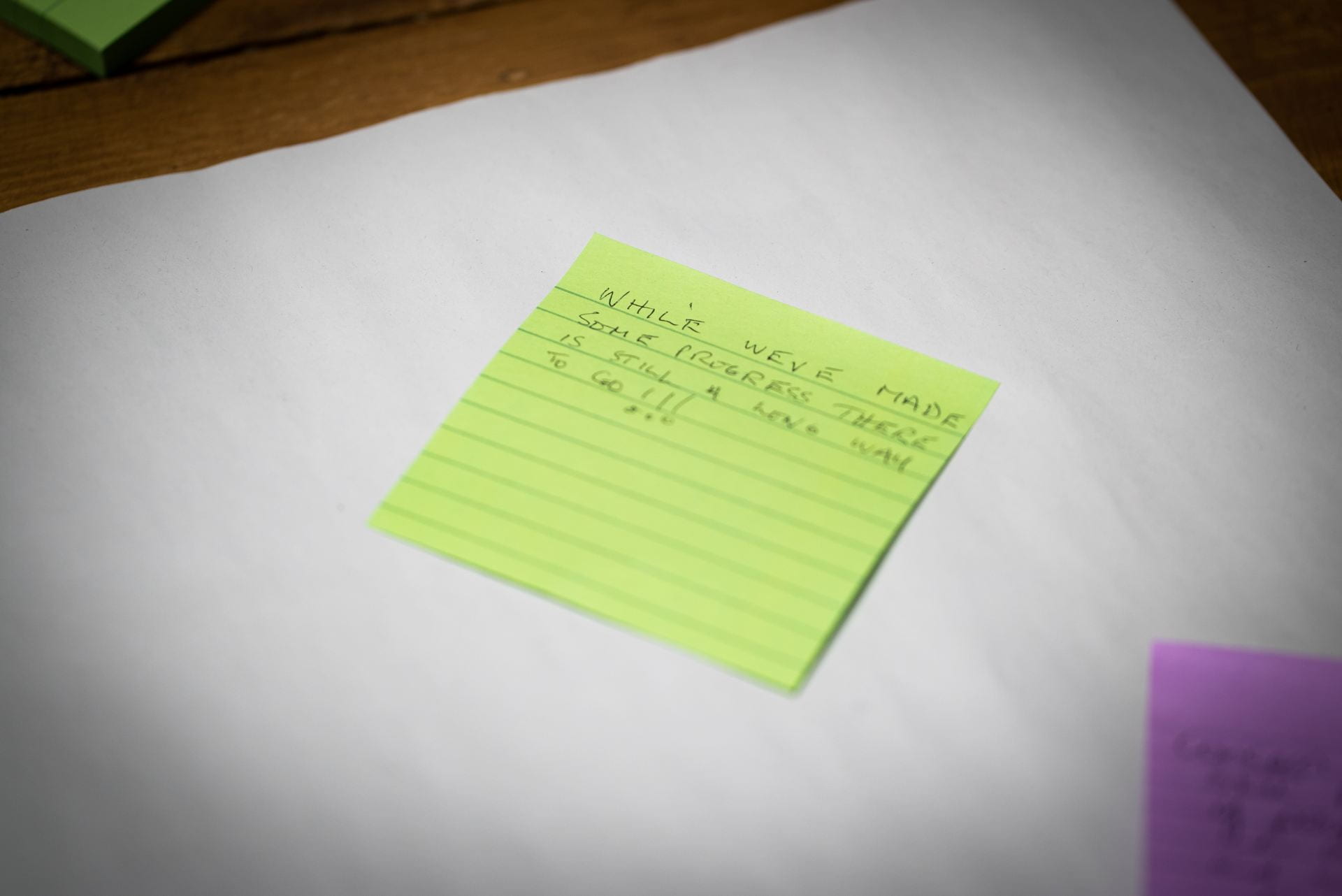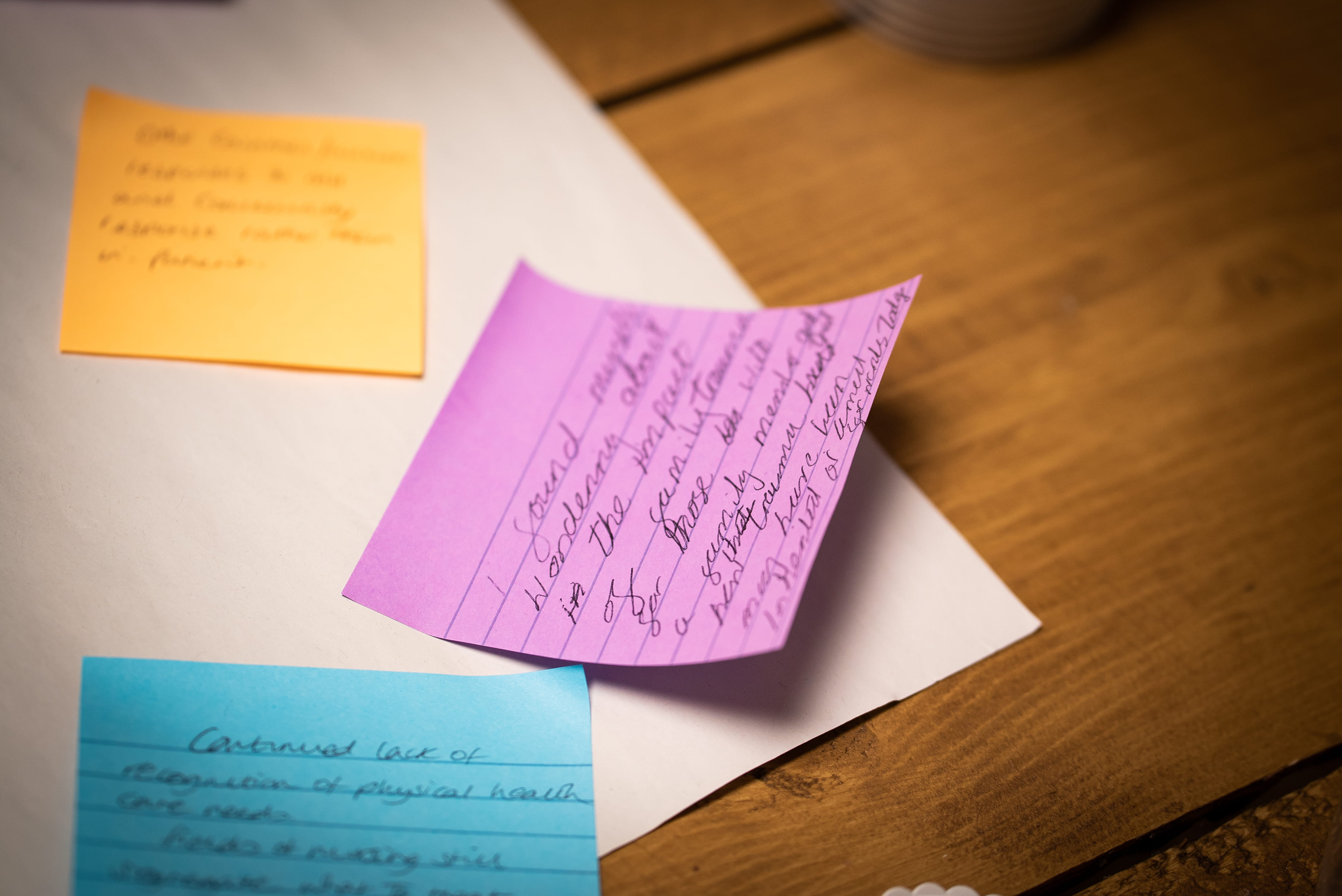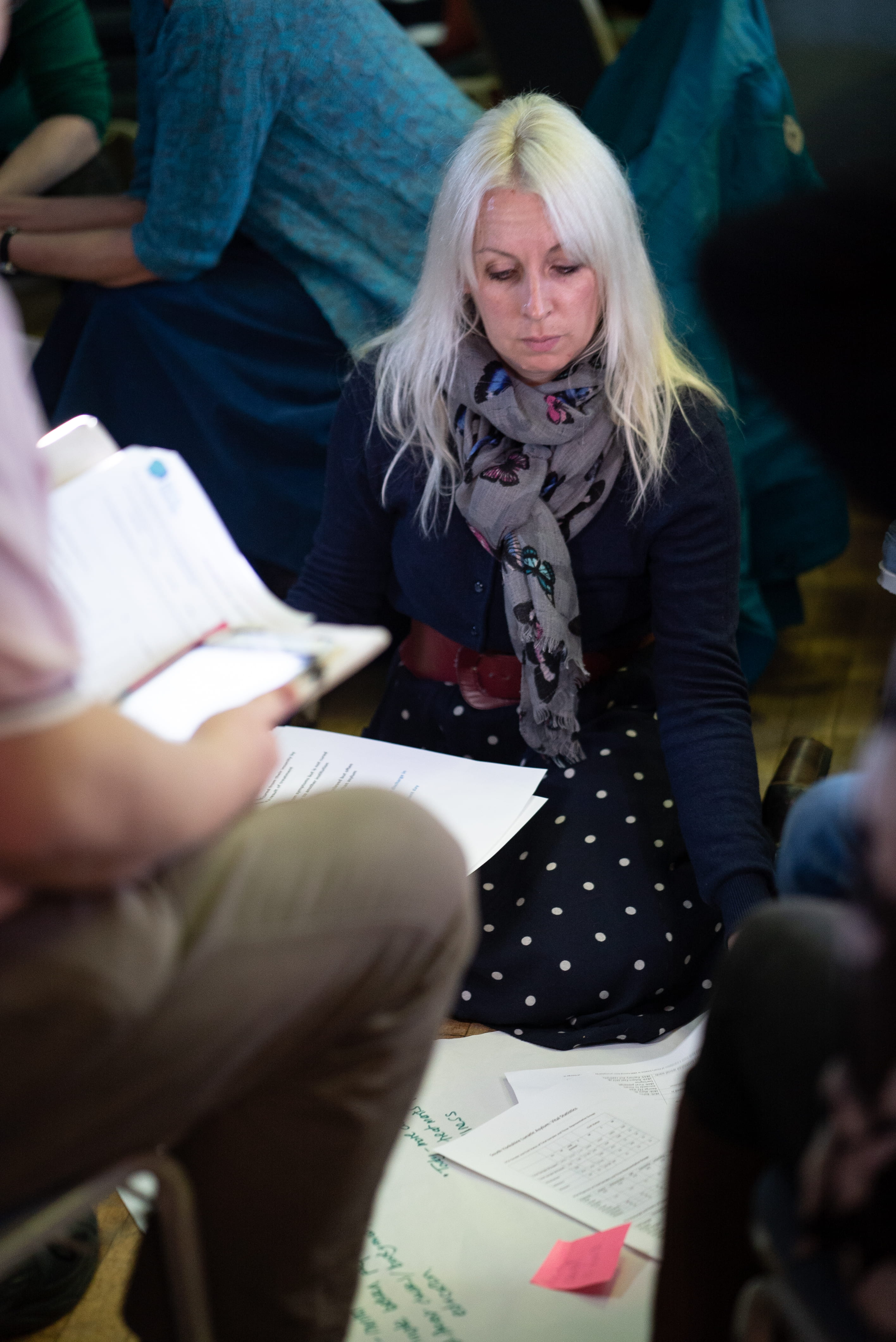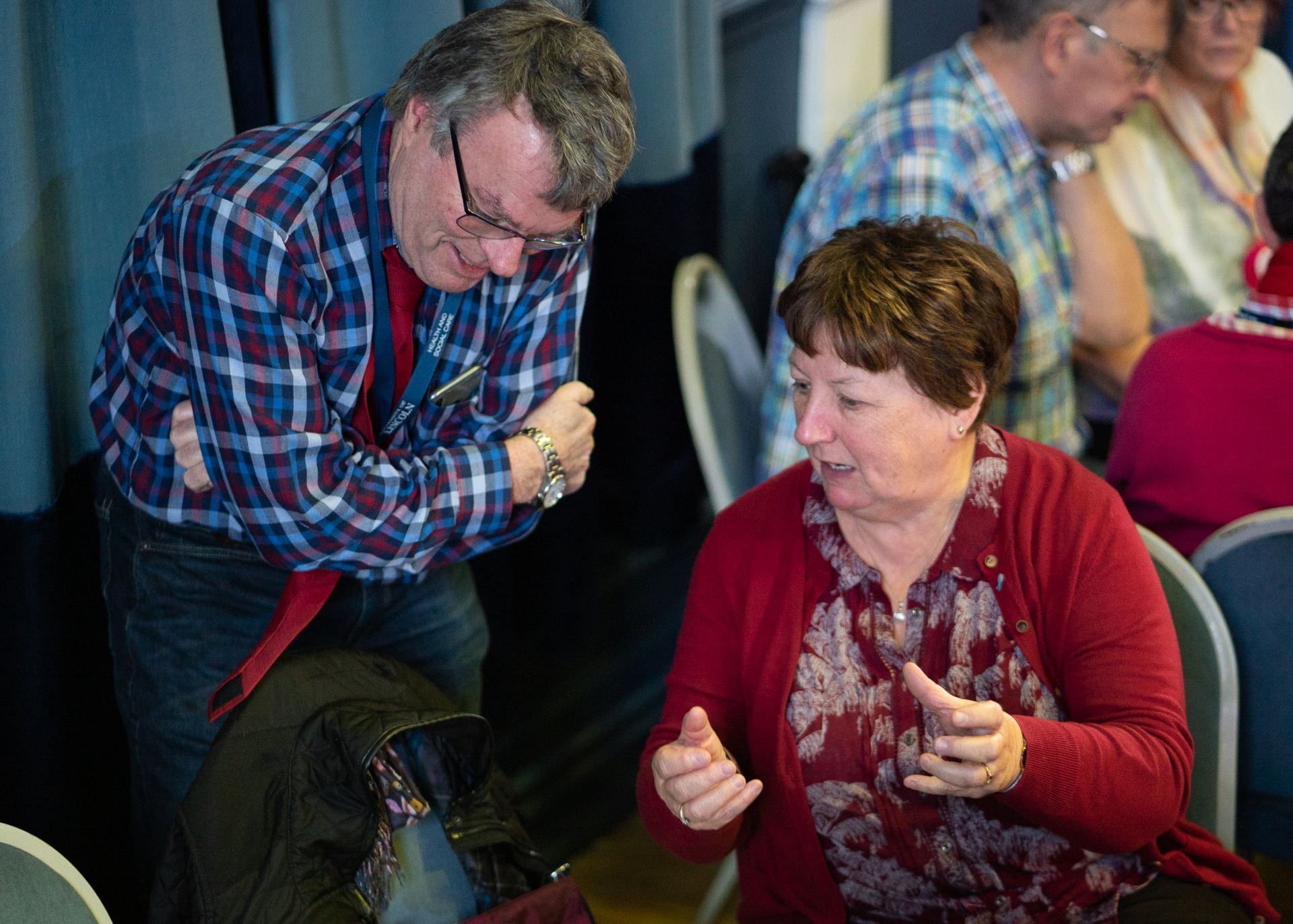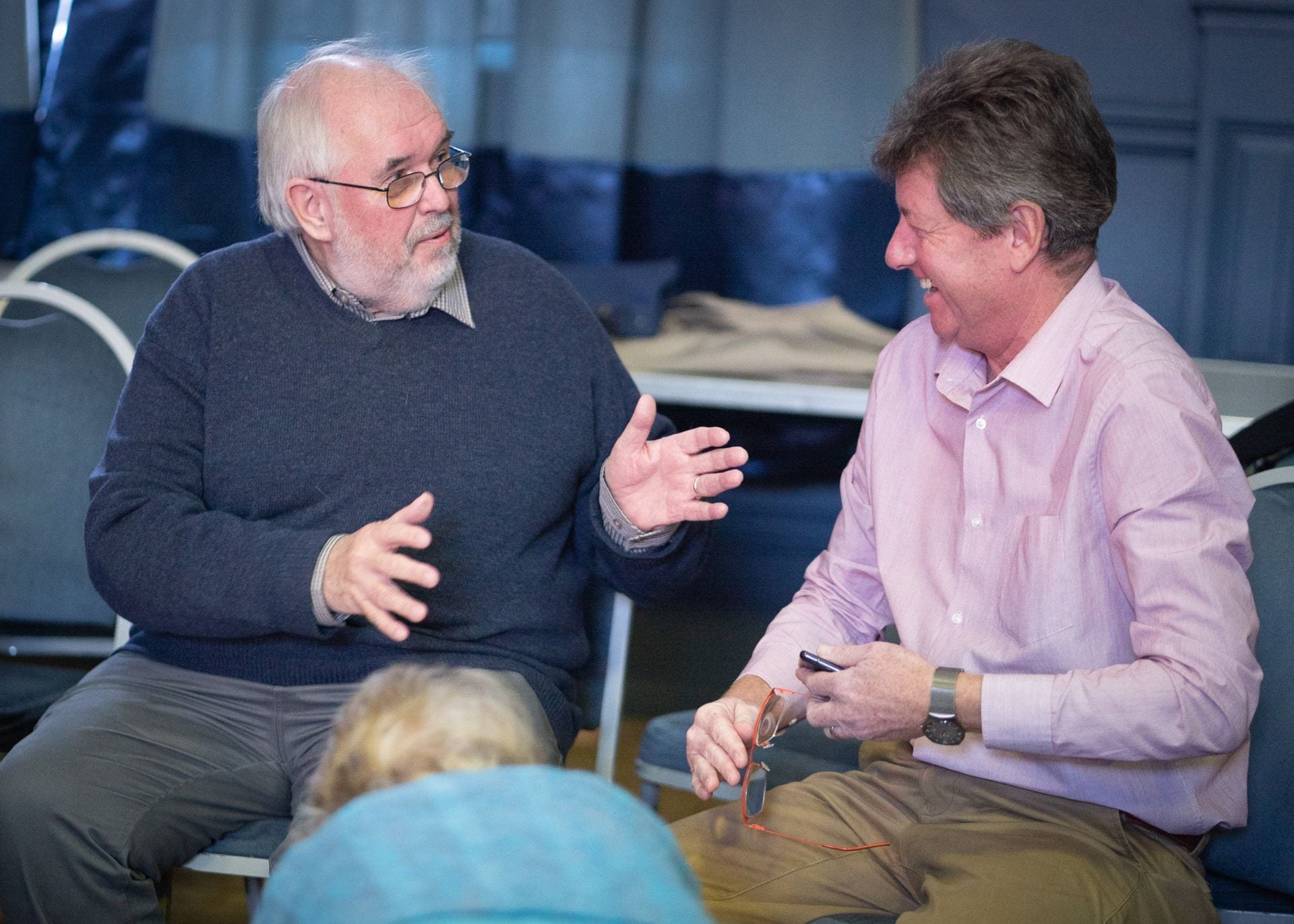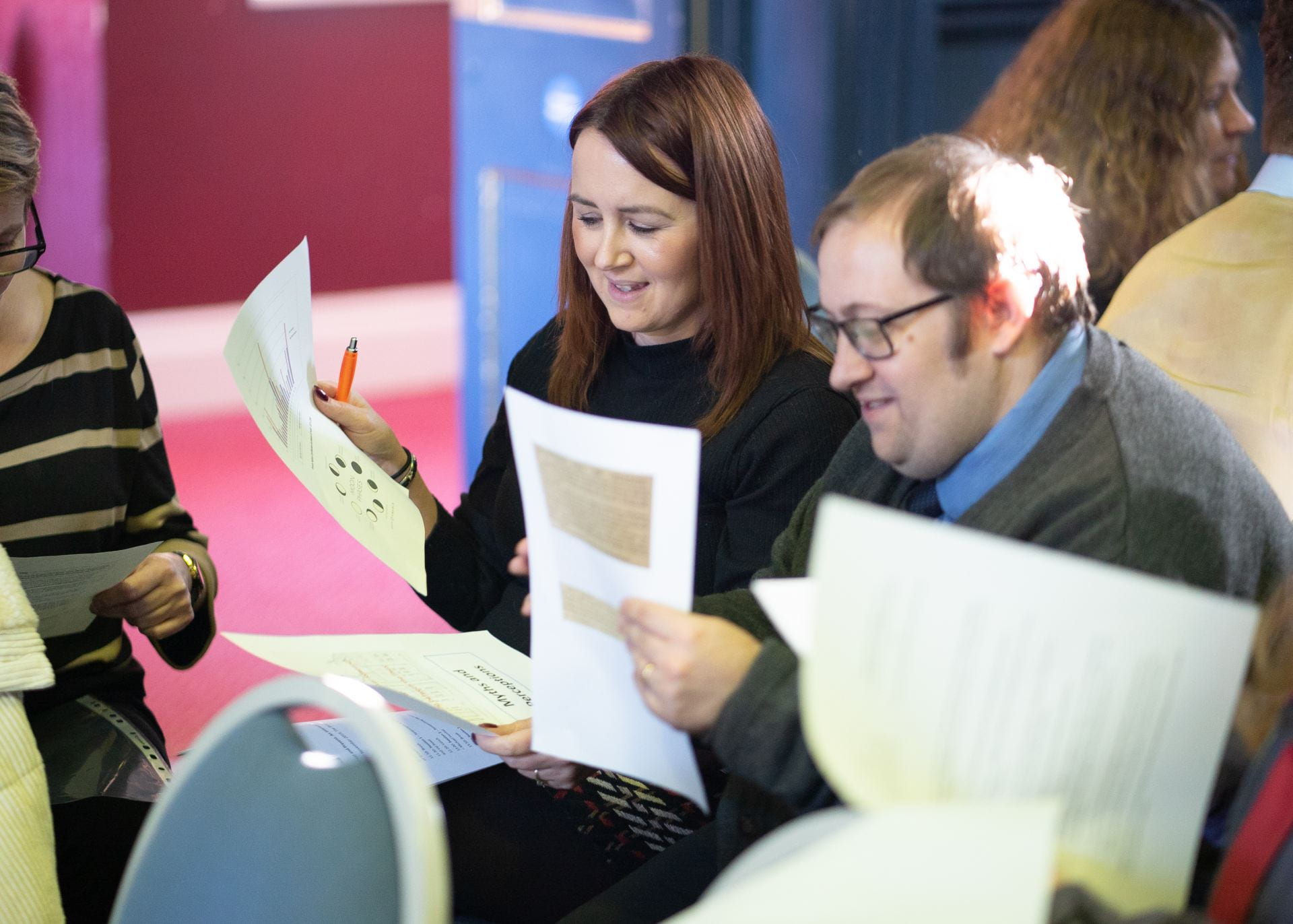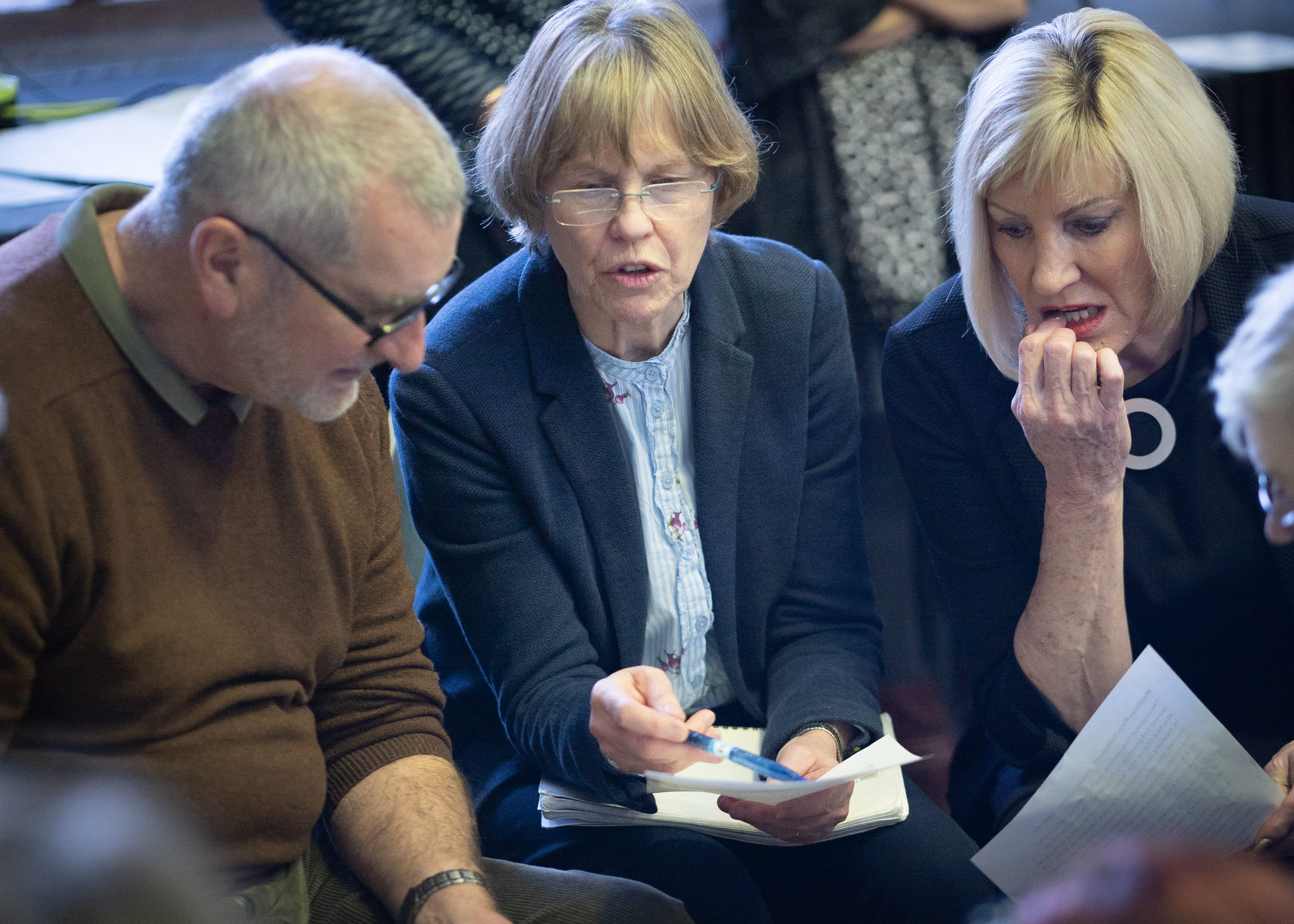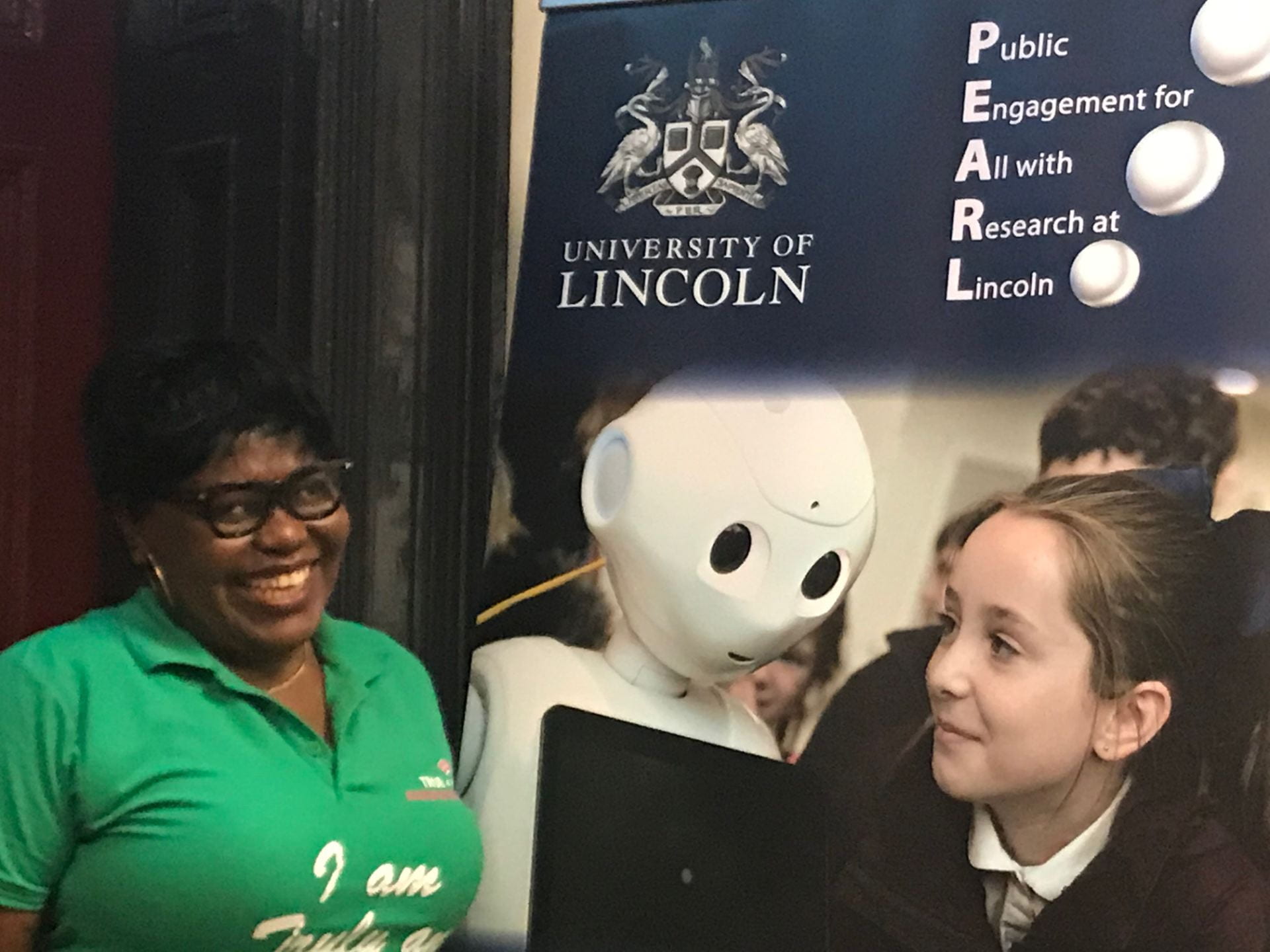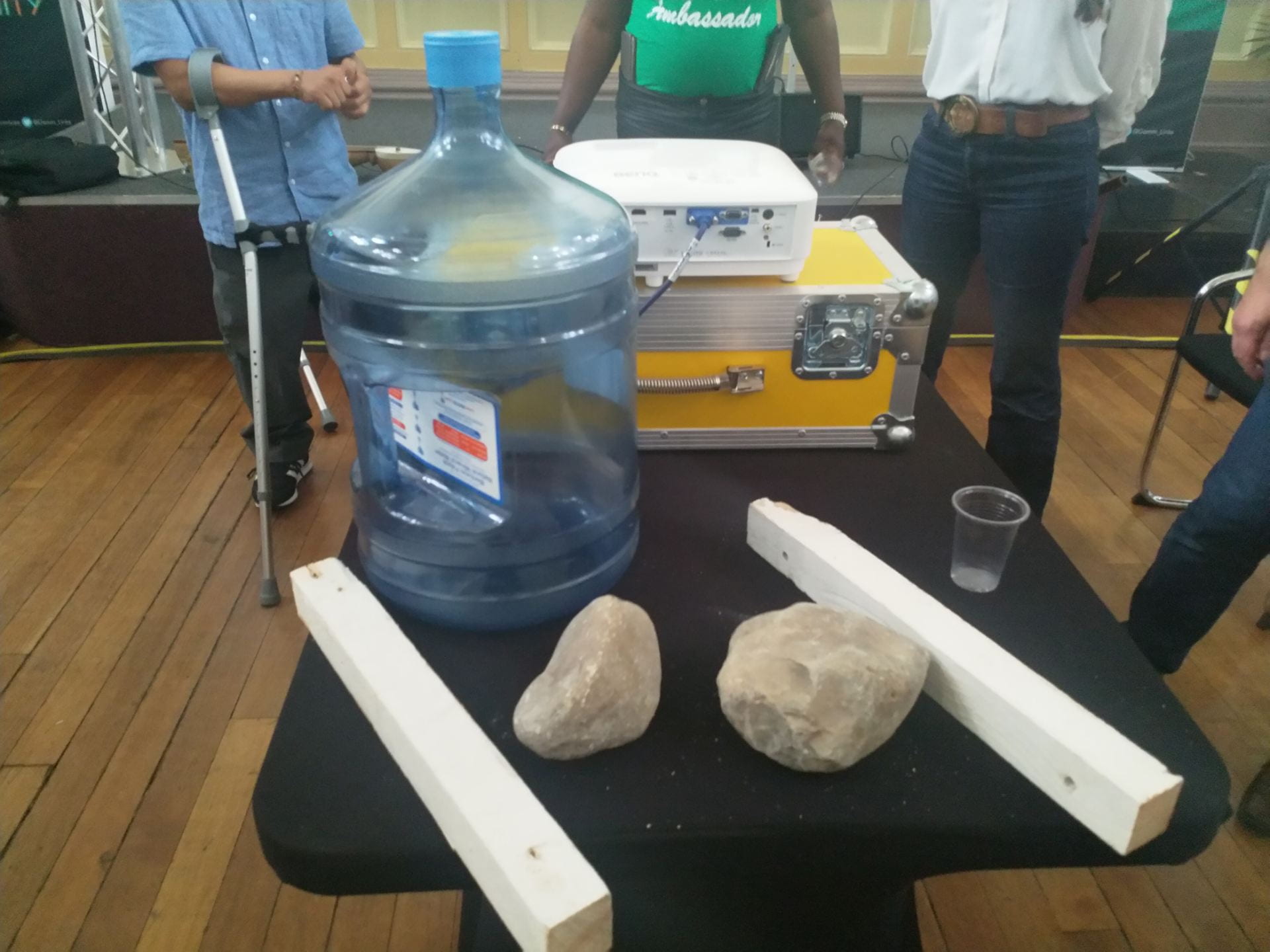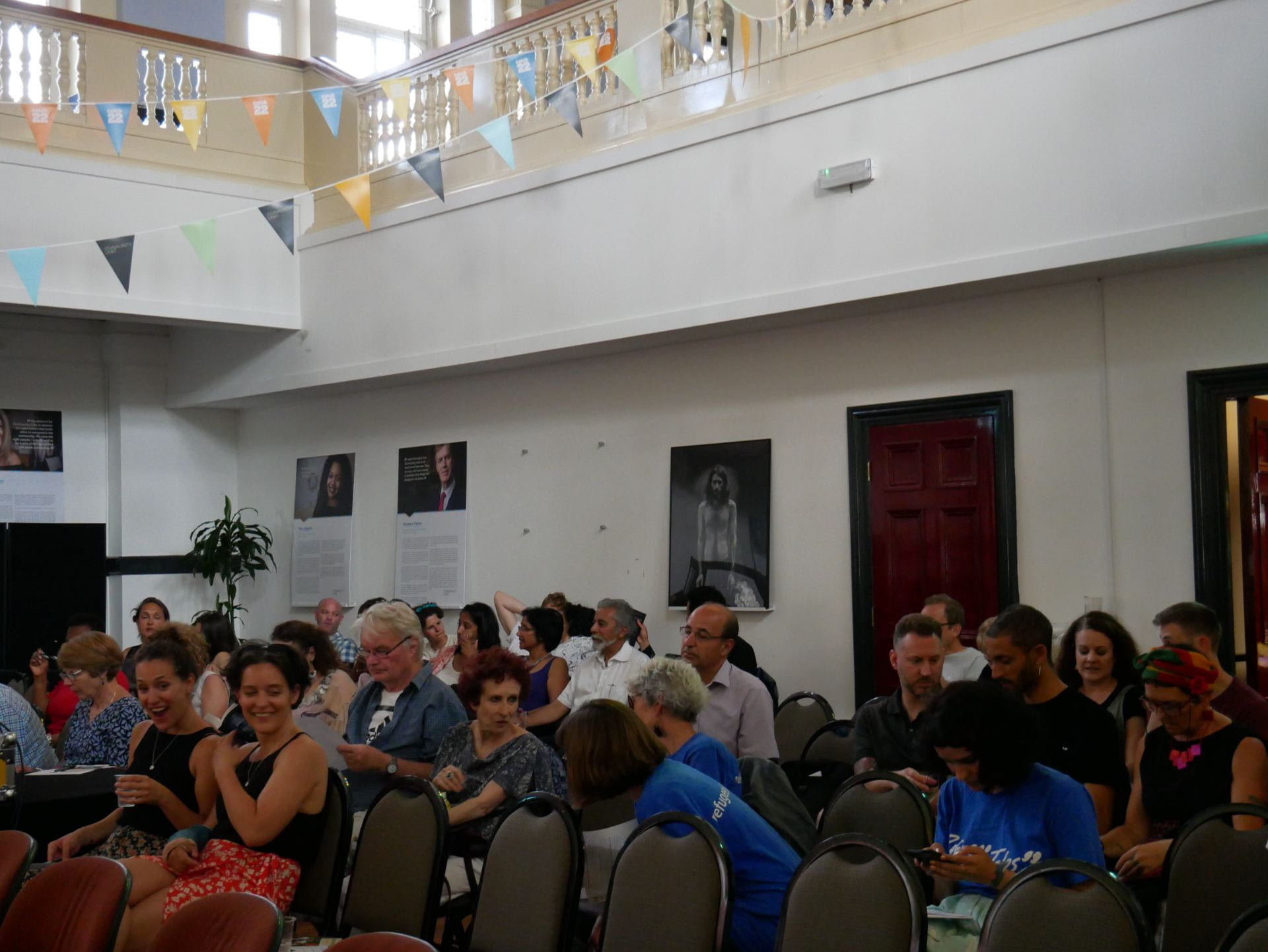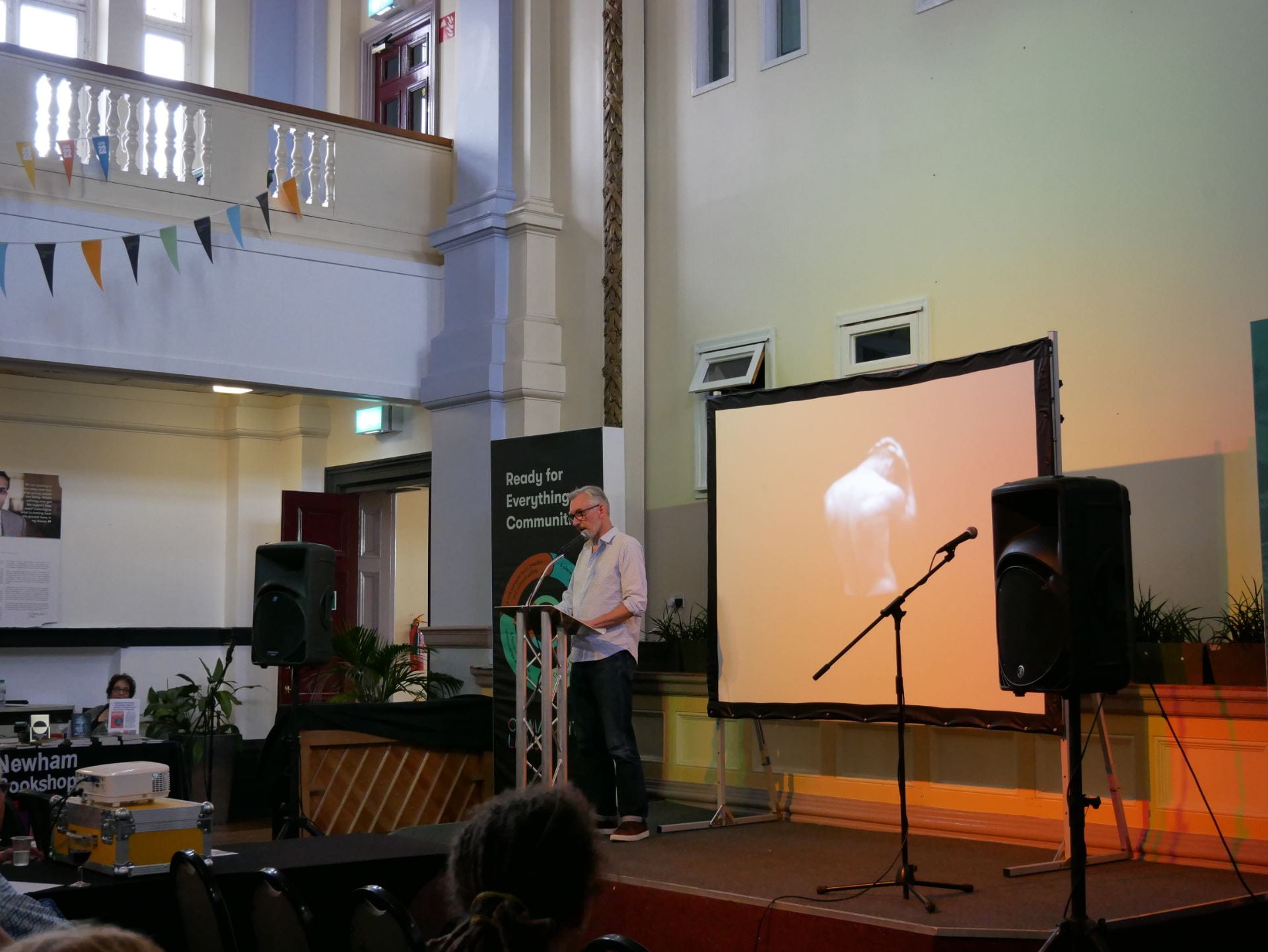2019-20 Grantholders
In 2019-20 PEARL funded 11 new activities getting people beyond the University involved in research.
Staff and students could apply for funding to run an interactive event or demonstration at a local school, invite a community group to come and give their opinion on research or be participants (e.g. take a survey, offer opinion, help design research…), host a focus group or debate and more. The brief was designed to invite innovation, and the response was phenomenal with the funded projects.
Ana Maria Barcelos
Focus groups and Q study to investigate dog ownership activities and how they benefit human well-being

Research/Background: Ana’s research investigates the specific human activities/behaviours associated with dog ownership and how they impact two aspects of human well-being; hedonic which typically relates to positive and negative emotions typically within a short-time frame (e.g. happiness over the few last days); and the eudaimonic which relates to lifestyle and resilience in facing challenges (e.g. being able to resist social pressures).
Engagement activity: Interactive workshop
Activity aims: Carry out engaged research about the relationship between dog ownership and human well-being, whilst sharing knowledge about the benefits of dog-human interactions and the value of qualitative research.
Audience: 48-60 local dog owners
Activity details: Run a day-long research workshop consisting of:
- Focus groups exploring positive and negative emotions typically within a short-time frame
- 30-minute interval with refreshments for attendees to network and take a break
- Q-study (responses to statements given on cards) exploring people’s lifestyles and resilience to facing life challenges
- 30-minute talk on the benefits of dog-human interaction.
Evaluation: Recorded interviews with attendees after the study day about their experience of the activity will evaluate the quality of the information gathered and reflect on how to develop the workshop further.
Conan Lawrence
Groundings: an exhibition to showcase Addaction service users’ artworks

Research/Background: Groundings is a collaborative research project between University of Lincoln Fine Art Undergraduate students and Addaction, a national charity assisting its service-users to recover from alcohol and substance misuse. The project explores the links between creativity and recovery, and how Art Therapy can improve wellbeing and social connections. Students mentor service-users during an 11-week programme to produce artworks that explore themes of importance to them.
Engagement activity: Art Exhibition
Activity aims:
- Showcase Addaction service users’ artworks to the public in an Art Gallery in Lincoln (100+ visitors)
- Provide service users with a meaningful connection to a public cultural event celebrating their creativity (10 service users)
- Engage the public with creative responses to addiction
- Reduce public stigma and stereotyping attached to drug and alcohol misuse
- Publicly highlight the links between creativity and recovery
- Generate dialogue between the public, service users, students, healthcare professionals to create future partnerships
Audience: Members of the public, service users, students, healthcare professionals
Activity details: A week-long art exhibition at St Marks, Lincoln entitle Groundings, celebrates recovery through art and displaying a selection of the artworks produced by the service users during this mentoring programme. See here for further details.
Evaluation:
- Anonymised Addaction Service User/Keyworker testimonials
- Student evaluations (according to Arts Council England Grants for the Arts framework)
- Anonymised Public Evaluation Questionnaires at the exhibition
- Informal conversations with public and healthcare professionals at exhibition
- Anonymised online evaluation questionnaires linked to online exhibition catalogue
- Addaction Project Lead Evaluation
- Project Leader Evaluation.
Elizabeth Bailey
Languages in Lincoln: a celebration of the languages that can be seen and heard around the city

Research/Background: There are increasing numbers of people who speak languages other than English within traditionally single-language communities, and Lincoln is no exception. Navigating changes in linguistic demographics, particularly in the education system, has been the focus of Elizabeth’s research since 2011. Research shows teachers feel ill-equipped to talk about diversity in languages and uncomfortable with learning new languages, restricting their confidence and ability to reflect diversity in languages within the classroom. Pupils often do not hear their language, an important part of identity, meaning they may not know that their knowledge is valued. Furthermore, speaking languages other than English is not normalised so children do not build tolerance to other languages.
Engagement activity: Interactive workshop with displays
Activity aims: Develop resources and skills for teachers in talking about and learning languages. This will contribute to new research and develop confidence and classroom practice in linguistic diversity.
Audience: Teachers, community members and researchers.
Activity details: A workshop attended by local teachers, communities and academics will offer teachers an opportunity to develop confidence in talking about and learning languages, developing resources and ideas they can use in the classroom. During the project there will be the opportunity:
- for linguistic ambassadors, volunteers from the community, will be supported in preparing mini language lessons, talks or activities.
- to visit ‘stalls’ that participating teachers and academics can visit throughout the day relating to linguistic diversity and the benefits of bilingualism
- to build a network of linguistic ambassadors, teachers and academics that will continue after this event to build practice and partnerships in this area.
Evaluation: The event will be evaluated through the pre- and post- measures taken on participants’ arrival and exit. Photos and notes taken during the day will inform reflection for the organisers in developing future research and events. Attendees will feedback on their experience of the workshop, including how useful they found it, whether they liked engaging with the topic and whether they would like to continue to do so.
Hannah Merdian & Team
The International Working Group for Best Practice in the Management of Online Sex Offending: Consultation Paper – Launch Event
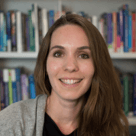
Research/Background: As internet access has become ubiquitous the number of individuals committing sexual offences online has increased. The characteristics of this population have been poorly understood in the past, leading to ineffective interventions and the misallocation of agency resources. In response to this gap, the project team for this activity have established the International Working Group for Best Practice in the Management of Online Sex Offending (IWG_OSO), whose membership includes representatives from child protection stakeholders and academia. Consultation and an international multi-professional survey of 2,000 law enforcement, offender management, and academic experts, has led to a consultation paper on international issues in the prevention of online child sex offending. This paper highlights common themes on offence prevention and international examples of good practice. One recommendation of the consultation paper is the need for international knowledge transfer of best practice.
Engagement activity: Consultation paper launch event
Activity aims: Share findings of a new consultation paper with key partners and stakeholders to ensure it has a wide reach with sustained outcomes by translating these findings into a professional practice agenda.
Audience: 35-40 representatives from child services, treatment providers, law enforcement, academia, and policy makers.
Activity details: A launch event organised in partnership with the NSPCC to release this consultation paper and share new knowledge of common themes and best practice in responding to sexual offences internationally. Working group sessions will enable inter-agency information sharing, discussion of the paper’s recommendations and, most importantly, scope out the most cost-effective ways to build on this work in future research, safeguarding practice, and policy development.
The launch of the IWG_OSO paper provided an important opportunity to engage with current child safeguarding initiatives, diverse strands of research into issues in the prevention of online child sex offending and related policy developments in the UK and internationally. International perspectives are aimed to be provided through the involvement of organisations such as Interpol, Europol, UNICEF and Save the Children.
Evaluation: Written feedback from attendees will be used to evaluate the impact of the event, including their key “take-home” message.
Heather Hughes & Team
A Digital Archive for Old Dalby
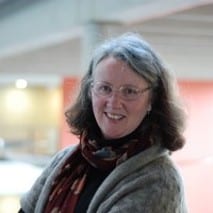
Research/Background: Since its founding in 2015 the IBCC Digital Archive Project Team, based at the University of Lincoln, have accumulated a wealth of experience and research into the processes behind creating a Digital Archive. This includes how to crowdsource material, work with large numbers of volunteers and operate on a strongly inclusive ethos. As well as continuing its partnership with the IBCC, the projectis now wishing to broaden its remit, in order to share skills and findings, and extend its research, to other local communities and organisations.
Engagement activity: Training sessions & support programme to develop a digital archive of local history.
Activity aims: Extend the learning, skills and findings developed through building the International Bomber Command Centre (IBCC) Digital Archive by training and upskilling local volunteers and communities to preserve their own history.
Audience: Local volunteers, residents and members of the public
Activity details: Volunteers from the village of Old Dalby in Leicestershire have approached IBCC Digital Archive to assist Old Dalby volunteers with the creation of an online archive. Similar to the IBCC, this project will not have a corresponding ‘paper’ archive, but donors will lend material for digitisation. The project team will support local volunteers in undertaking tasks associated with preserving and publishing material to save and share Old Dalby’s history. Volunteers and residents will benefit from a range of new skills associated with collecting and discussing materials, creating their own digital archive and tracking how a digital archive is created from scratch.
Evaluation: A training programme will be designed and agreed with local volunteers, and success measured in terms of training completed and evidence of an agreed number of items preserved/published in the new digital archive. Activity will be evaluated on an ongoing basis by keeping records and obtaining volunteer/participant feedback throughout the duration of the project period. Learning from this will feed back into this project and future research.
Photo Gallery
Helen Childerhouse
Happiness and wellbeing in the classroom: primary pupils’ perspectives.
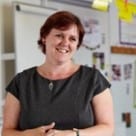
Research/Background:
- Research indicates that the experiences of children in primary classrooms can be negative and they can feel stressed, pressured to achieve and, at times, unhappy.
- The Good Childhood Report (2018) identified ‘wellbeing’ and ‘happiness’ as a common factor in conversations with children and ‘school’ scored the highest level of ‘least happiness’ for two thousand 10 – 17 year olds.
Engagement activity: A series of interactive activities in Lincolnshire primary schools.
Activity aims: Provide an opportunity for children to talk about what makes them happy in the classroom and what they feel needs to be done in order to make it a happier place.
Audience: Local school teachers, students and parents
Activity details: This qualitative small scale study builds on previous research (ESRC Festival of Social Science project: Happy People Happy Classrooms, November 2017) to identify the perspectives of 5 to 11 year-old children at three Lincolnshire primary schools. A series of activities carried out in the schools will provide children with the opportunity to talk about what makes them happy in the classroom and what they feel needs to be done in order to make it a happier place, including:
- Icebreaker/social board games: provide the initial stimulus for children to think about how they feel about their classroom/school.
- Likert-scale voting boxes: children will vote with a counter in a box about how they feel about school and their classroom
- Graffiti walls: large rolls of paper and felt tip pens will be provided for the children to write and draw on, giving responses to the questions: “What makes you feel happy in your classroom?” and “What makes your classroom a happy place?”
The dissemination of anonymous responses from the activities to each school will provide opportunities for school leaders and teachers to reflect on children’s perspectives about happiness in their learning environments, and how this might be improved.
James Heydon & Team
Identifying and Addressing Air Quality Issues on the School Run: A Workshop Series

Research: The University of Lincoln is collaborating with 6 primary schools in Sheffield that experience high levels of air pollution. Parents who regularly take children to and from school are given a personal environment monitor to use over a seven-day period. Surveys and interviews are then used to explore whether the resulting knowledge about personal exposure influences their attitudes and behaviours towards school-run transport and associated clean air initiatives.
Engagement activity: Interactive workshops and monitoring with six primary schools in Sheffield that experience high levels of air pollution
Activity aims: Inform schools, parents and pupils about local air pollution and encourage schools to adopt a clean air initiative, supported by parents.
Audience: Headteachers, governors, teachers, parents and pupils.
Activity details: Headteachers, governors and teachers will be invited to interactive workshops exploring measures that schools can adopt to minimise exposure of children to air pollutants, and include strategies for integrating this information into teaching and learning activities. A set of resources will be created and developed through the workshops to assist with embedding clean air initiatives into practice, informed by findings from research.
Following this, parents and carers of school children will be invited to three workshops taking place across the city, capturing the boundaries of each school involved in the project. The workshops will share findings from the research on air pollution in Sheffield and provide information on how parents and carers can minimise the exposure of children to air pollution on the school run. These sessions will concentrate on discussing the feasibility, practicality and efficacy of a range of different measures, following which attendees will receive a resource pack to take home with them.
This project intends to encourage schools to either trial or adopt at least one clean air initiative, with the support and/or participation of the parents/carers of children at that school.
Evaluation: Each of the schools will be contacted three months after the public engagement activities to establish the short- and long- term actions taken as a result of the project.
Mark Macklin & Team
MyRiver: a community-led social laboratory for climate change adaptation in the River Witham
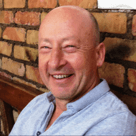
Research/ Background: There is worldwide acknowledgement that the Earth’s climate is changing and that human beings are largely responsible for these changes. People will experience the impacts of climate change primarily by increases in the frequency of extreme weather and hydrological events such as floods, droughts, heatwaves and ‘snowmageddons’. In the UK and within Lincolnshire and Lincoln in particular, rivers and floodplains are where much of climatic weirding will play out and where individuals and local communities will come face-to-face to with what some have described as ‘the Great Derangement’ (Ghosh, 2016), ‘the end of Nature’ (McKibben, 1989) or in more common parlance ‘the Anthropocene’ – the new geological epoch of humankind.
Engagement activity: Development of a community-led social laboratory for adapting, locally, to climate change, launched by a one-day symposium.
Activity aims: Explore with communities how anthropogenic climate change will impact on their lifeways and local environment, leading to the establishment of grass roots, community-informed management and adaptation strategies at the nexus between the arts, humanities and science. Overall enhance understanding and appreciation of the unique archaeological, cultural, ecological, geological, historical, industrial heritages associated with the River Witham and its floodplain.
Audience: Local schools, including geography teachers; a local art gallery; local and national agencies and organisations responsible for the conservation and maintenance of local environments; environmental consultants; and the Diocese of Lincoln.
Activity details: Use the River Witham as a community, educational and interdisciplinary social ‘laboratory’ – ‘MyRiver’, in which to engage and explore how anthropogenic climate change will impact on people’s lives and the local environment.
MyRiver will be launched at a one-day symposium hosted at the University of Lincoln, on a Saturday in early autumn 2019. This event will comprise of a morning of short presentations by invited speakers, including University of Lincoln PhD students who are investigating, respectively, flood histories and emerging contaminants (including microplastics) of the River Witham and its tributaries, including the Fossdyke, followed by a question and answer session for the general public on the River Witham and MyRiver, facilitated by an invited panel of local artists, educators, environmental and heritage managers, and farmers. Following the symposium, a steering group for the MyRiver project will be formed; funds in addition to supporting the one-day symposium are requested to host a half-day meeting of the group at the University of Lincoln.
This initiative will bring together for the first time a wide and inclusive range of public groups and stakeholders. All of these are partners in some capacity with the University of Lincoln but this will be the first time that these organisations will be brought together in order to share new knowledge and best practice in relation to climate change impacts on lifeways and well-being.
Martin Scheuregger
The harp: tradition and innovation in the twenty-first century

Research/Background: Current research is investigating the cultural and musical position of the modern concert harp, and proposes new ways in which composers, players and audiences can engage with the instrument today. Current outputs of the research are a peer-reviewed article in Contemporary Music Review (forthcoming), a new solo composition (for harpist Oliver Wass), and a project with the Bristol Ensemble supported by St Hugh’s Foundation for the Arts (£5,000).
Engagement Activity: Interactive workshop with a concert and post-concert discussion.
Activity aims:
- Inspire the public to engage with classical music as listeners, performers and composers.
- Introduce members of the public to the cultural understandings of musical instruments in an engaging and accessible way.
- Encourage young musicians to explore innovative musical ideas developed through research from their local university.
- Showcase the impact arts and humanities research has in day-to-day life experiences, and to encourage the public to see the University of Lincoln as an institution that has benefit to them.
Audience: Members of the public including audiences of the Lincolnshire International Chamber Music Festival , KS4/KS5 music students. The event will cater for approximately 30 school students and 40 members of the public.
Activity details: A workshop day which comprised of:
- Interactive workshop –history and traditions of the harp and the opportunity to create compositional ideas.
- Concert – pieces from the workshop will be performed, plus the world premiere of a new composition created in this project (see background)
- Post-concert discussion – participants will discuss what they explored in the workshop and how this was translated into the concert performance. Feedback and ideas will be collected.
- Filmed interviews – short filmed interviews with participants about the day, exploring what they have learnt and experienced.
Other outcomes: A film and audio recording of the concert to be made freely available online, an accessible online written precis of the research findings for a general audience, a set of classroom resources (derived from the research) to be used for KS4 and KS5 music teaching (freely available online).
Evaluation: The events will allow participants to give feedback and present ideas to the organisers and there will be the opportunity for participants to give feedback in filmed interviews. Three surveys will also be disseminated: for the public, students and teachers. The findings of these will be used to evaluate the project and understand its impact and potential for future public engagement. It will also help inform the creation of related resources.
Robert Goemans
Interactive event for understanding Victorian mental health care
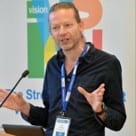
Research/Background: The Lincoln Lunatic Asylum (LLA) Project is a cross-college project analysing current practice through a sociological understanding of the past. The LLA was opened in 1820 and became the first asylum in the country to achieve total abolition of mechanical restraint in 1837. Through an analysis of the original documents research is seeking to understand how the construction of identities, including conceptions of gender and class, influenced how people’s madness was constructed and experienced.
Engagement activity: An accessible academic conference for all.
Activity aims:
- Explore findings from the Lincoln Lunatic Asylum (LLA) Project, alongside research from Dr Jade Shepherd (School of History and Heritage) and a consortium from the Rampton Hospital area, that investigates how people were understood within Victorian mental health care systems
- Capture insights and reflection from attendees on the research and interactively investigate how mental illness is stigmatised, challenging misconceptions and stigmas around mental health.
Audience: People with experience of using mental health services, mental health professionals, students at the University with an interest in mental health or social history (including, for example, drama students who recently created a performance based on the LLA materials).
Activity details: The project team will consult with LLA members to design and deliver a conference-style interactive event in the ‘Blue Room’ at The Lawns – the original ball room of The LLA. This user-led event presents findings from the LLA alongside other research focused on exploring how people were understood within Victorian mental health care systems, leading into a series of interactive activities, including ‘world café’ style spaces and graffiti walls . Through activities and discussion attendees will build on the presented research using their own experiences to generate insights into the differences/similarities between Victorian and modern mental health care, with an additional foci on stigmatism and challenging misconceptions in in mental health. The event will capture the responses to research from those with experience / interest in mental health, which will feed back into current research comparing modern and Victorian approaches to mental health care.
Evaluation: Capturing of attendee’s responses, emotions and views to the presented materials using tools such as graffiti walls and video diaries along with analyses of discussions from the day.
Photo Gallery
Stephanie Hemelryk Donald & Team
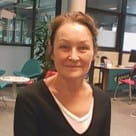
There’s No Place Like Home: Justice, Migration and the Arts Workshops
Research/Background: Professor Donald’s 2018 book, There’s No Place Like Home: The Migrant Child in World Cinema examines the figure of the migrant child in world cinema. A two-part series of workshops will share knowledge based on this book, as well as developing the Justice, Art and the Migration (JAM) Network.
Engagement activity: Interactive and collaborative workshops.
Activity aim: Use arts to engage young people with experience of migration (broadly conceived) with narratives around migration and hospitality.
Audience: Young people aged 18-25 years old with experience of migration. 4 places will be reserved for older women who have a link to the community and can use the experience to inform their networks.
Activity details: Two interactive and collaborative workshops which will:
- offer opportunities for people of migrant or refugee backgrounds to use creative practices to reflect on the conditions of migration and settlement;
- contribute to the work of Community Links in creating safe spaces for people from Canning Town;
- create opportunities for a genuine user-friendly two-way engagement with the original research.
Workshop 1: During the first workshop, Professor Donald will collaborate with a filmmaker/photographer to deliver a workshop on storytelling in film/ performance.
Workshop 2: The second workshop will be led by a creative writer/poet from the University of Lincoln School of English and Journalism. Participants will create short films, performance pieces, stories or poems, and will be introduced to works about migration as well as to accessible sections from Donald’s book and from works by colleagues in JAM and University of Lincoln.
Evaluation: The workshops will be followed by informal focus groups, interviews and questionnaires where participants provide feedback, views and suggestions for improvements. As some users will have English as a second/third language, the project will employ an RA with appropriate language skills and interview training to help in feedback processes.
Videos
Canning Town: Symphony of a City
A sound-image piece created by combining sounds and photographs created by participants in the workshop sessions.
Workshop session with Ganga Thapa on Nepalese Music
